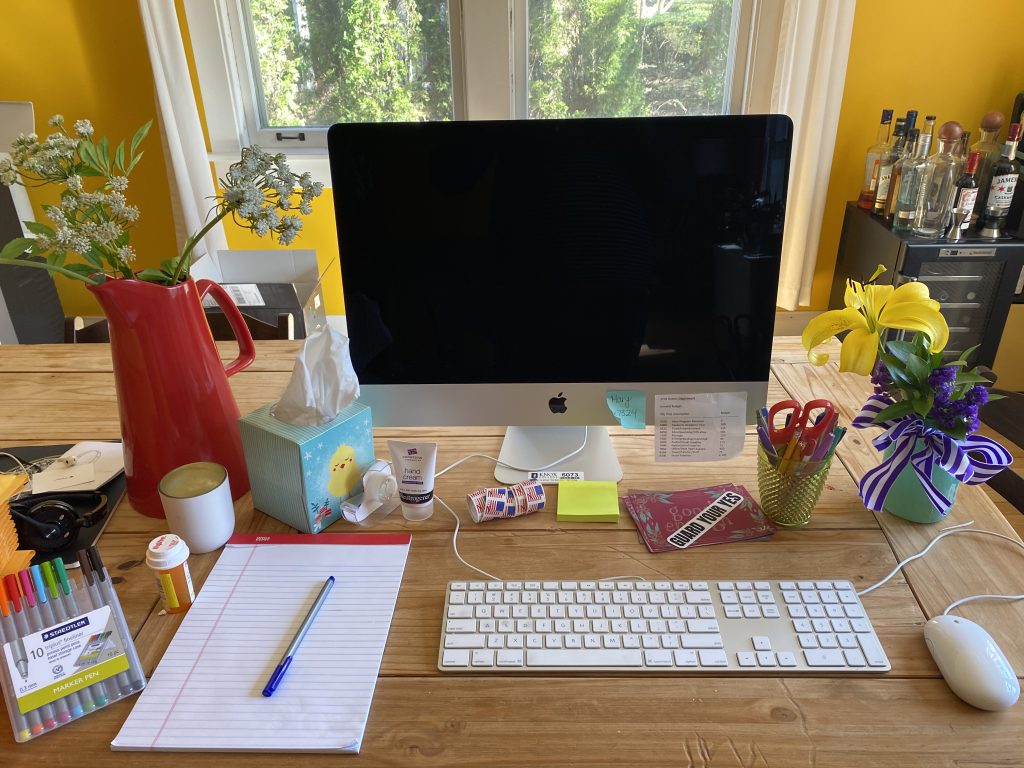A Pedagogy of the Past
As many of us switch from face-to-face learning to some kind of online instruction, I’m seeing little pockets all over twitter where professors articulate that they are concerned with rigor, standards, and “holding the line.” Things should continue as usual, goes the argument. Students should expect the same course-load as ever, with all its attendant readings, quizzes, exams, lab work, and other assignments, all of which will be graded with an eye to students proving they have applied themselves fully, and with dedication.
I understand this response. I really do. In a time of wild uncertainty we all want something we can hold onto that doesn’t change, that provides stability, an un-shifting vantage point from which we can view the chaos. And we can all imagine, I think, why some people – in the midst of a super-fast and bewildering switch to providing education online – would feel like the one thing they should be able to count on are standards.
But this perspective relies on something that doesn’t exist – “normality.” There’s an appeal to the usual in this thinking that posits that we shouldn’t change, because there will come a point where we get back to it – back to our campuses, and “real” lives, and familiar learning grooves. We’re just presently on hold.

Here’s the thing: we’re not on hold. This is not a moment in time to weather and then get back to “real life” someday in the future. This is our life. We cannot waste the next few weeks and months by imagining what we do now has no consequence or meaning. We are living now. Large numbers of us are getting sick. Some of us are dying. Holding our breath will not help us. We have to occupy these moments as fully as we are able.
And the world has changed. Our students are scattered all over the globe. Some of them have lost their independence in returning home, while others have taken on more responsibilities. Not every home is a welcome place. Many of our students are facing abuse, neglect, or constant, damaging hostility. Many are struggling to find work that they used to find on campus, or trying to keep other jobs as more and more businesses close for the duration of the pandemic. They’re trying to provide childcare, and elder care, and pay their rent or their mortgages, and as more and more people get sick, they’re left without a campus health center to turn to. Counseling services are few and far between while need is high. Many lack computers and tablets and wifi and good data plans. And all of these things apply to us, too.
Think of it this way. We no longer educate our students as they were educated two hundred years ago. That pedagogy is out of place in the world we inhabit.
So, I’d suggest, is a pedagogy that is based on how we taught and learned last year.
It’s no wonder that that feels scary, and that we feel ill-equipped, and that we’re scrambling. But let’s lean into flexibility, compassion, and change in this moment, and not cling to pedagogical approaches that are rooted in the past.